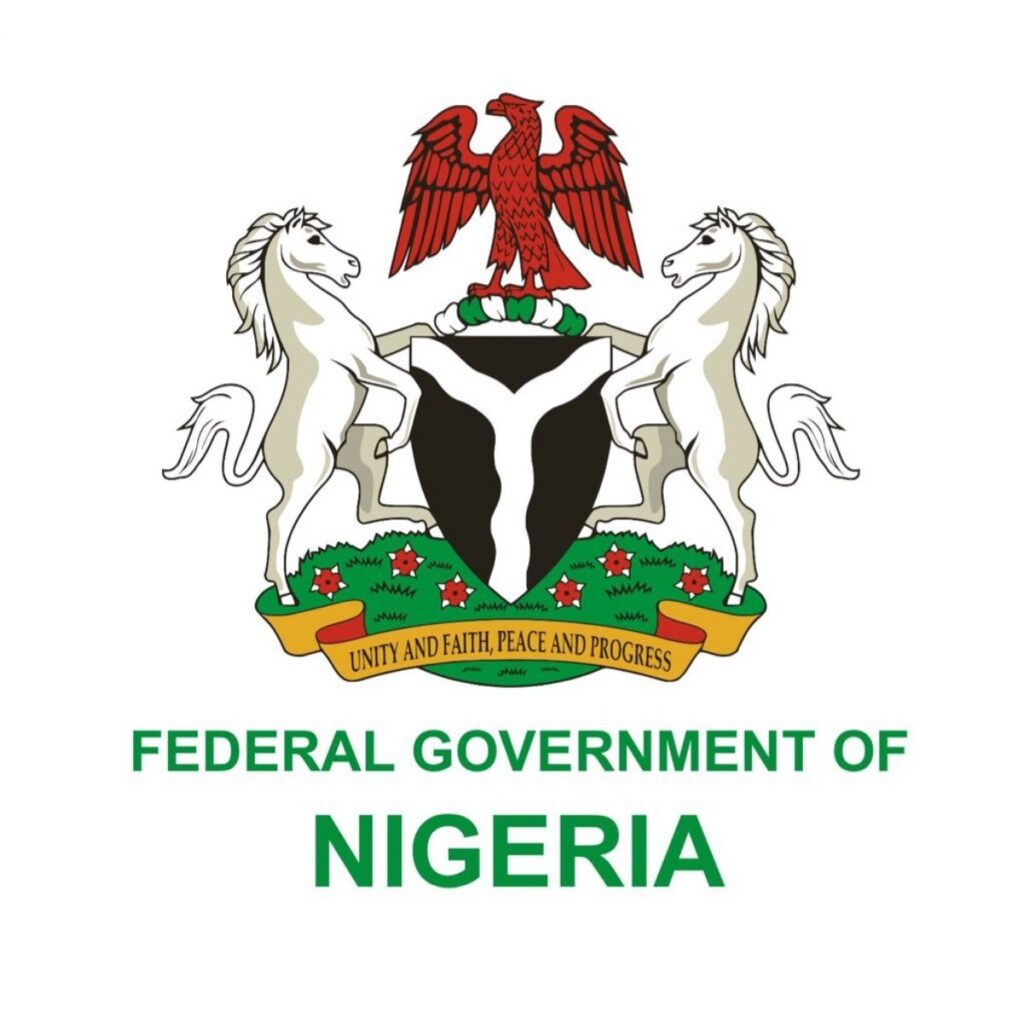The Federal Government says it is committed to tackling tuberculosis (TB) as a national priority.
Prof. Muhammad Ali Pate, Coordinating Minister of Health and Social Welfare, said this on Tuesday, at the UN Alliance of Countries on the Fight Against Tuberculosis monitored via zoom.
Pate called for coordinated efforts across multiple sectors to effectively combat the epidemic.
He highlighted the critical impact of climate change on global TB efforts during a UN General Assembly Side Event.
The Newsmen reports that the event,which was co-hosted by the UN Alliance, the Government of Brazil, and the World Health Organisation (WHO).
It focused on addressing the intersection of climate change and TB in line with commitments made by world leaders at the 2023 UN High-Level Meeting on TB.
Climate change poses a significant threat to the progress countries are making toward accelerating the TB response.
The epidemic is closely linked to inequities like poverty and malnutrition, which are exacerbated during times of climate crises, armed conflict and pandemics.
Pate, who was represented by Dr Chukwuma Anyaike, Director of Public Health, Federal Ministry of Health and Social Welfare, said that as the world faced these challenges, it must rethink its strategies.
He said that the world should embrace innovative solutions that address the underlying drivers of TB, including climate change.
The minister explained the importance of multisectoral collaboration, involving the health sector, agriculture, social development, education, labour, and finance, in developing a comprehensive response to TB.
He urged countries to enhance their TB strategies to be more resilient to climate change and to reduce the environmental impact of TB tools and services.
He also stressed the need for increased research and dedicated funding to better understand the link between climate change and health dynamics, and for greater engagement of civil society and TB-affected communities.
“The goal is to build a climate-resilient TB response that upholds human rights, combats stigma, promotes gender equality, and protects vulnerable populations from financial hardship,” he said.
Pate said that the call came amid growing global concern about the impact of climate change on public health, particularly on diseases like TB, which disproportionately affect marginalised communities.
“We reaffirm our commitment to the political declaration of the 2023 UN High-Level Meeting on TB.
“We pledge to continue working with international partners, including WHO, to address the challenges posed by both TB and climate change,” he said.
Newsmen recalls that the 2023 UN High-Level Meeting on Tuberculosis (TB) Political Declaration; includes the following key commitments:
Renewed global commitment to the SDG target of ending TB by 2030, focusing on reducing incidence and mortality.
Ensure equitable, comprehensive TB care, with a focus on vulnerable populations and reducing financial hardship.
Strengthen coordination across sectors like health, education, and social protection to address TB’s root causes, such as poverty and malnutrition.
Increase funding for research on new TB diagnostics, vaccines, and treatments, especially to combat drug-resistant TB.
Develop strategies to address the impact of climate change on TB transmission and healthcare systems.

